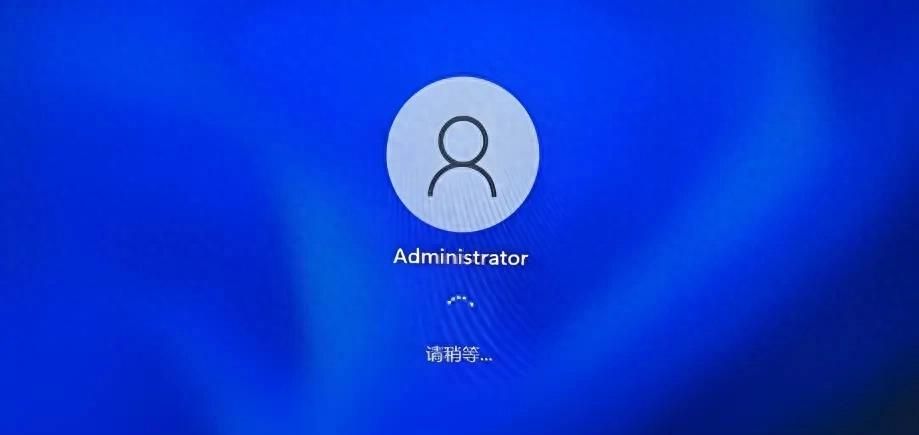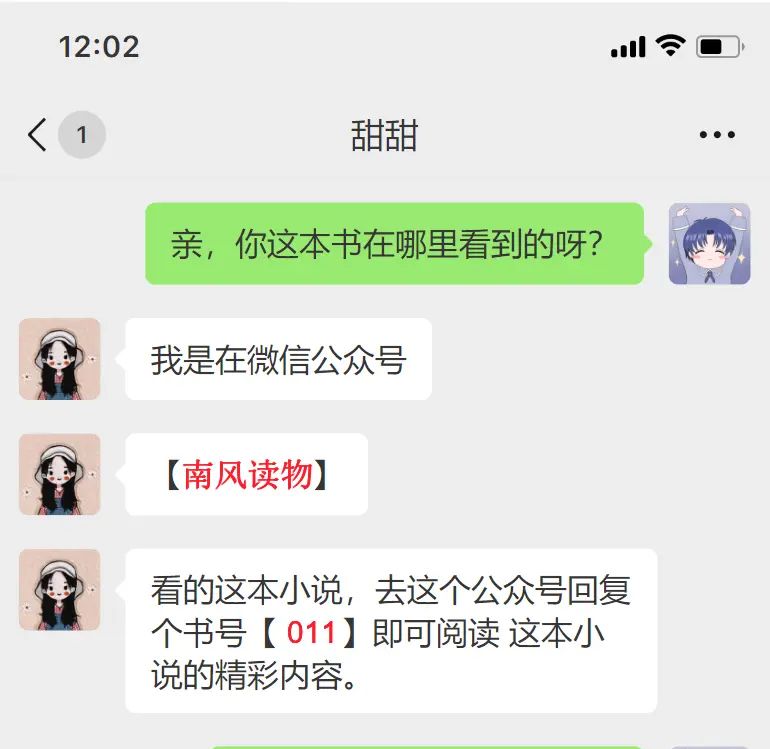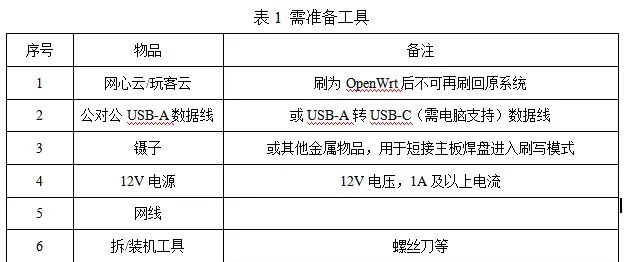新浪微博在登录时,对用户名、密码进行了加密处理,加密算法(b64encode、rsa等等)。
登陆流程
1,根据用户名username得到加密后的用户名su
2,根据su得到一个json串,里边包含加密密码用到的各种参数,servertime、nonce等
3,根据json串和密码得到加密后的密码,然后就可以登陆了。
发送流程
新浪微博发微博的接口是:
http://www.weibo.com/aj/mblog/add?ajwvr=6&__rnd=时间戳
时间戳使用int(time.time() * 1000即可设置。
Post提交数据:
{“location”: “v6_content_home”, “appkey”: “”, “style_type”: “1”, “pic_id”:””, “text”: 微博内容, “pdetail”: “”, “rank”: “0”, “rankid”: “”, “module” :”stissue”, “pub_type”: “dialog”,”_t”: “0”}
提交数据时需要设置Headers:
self.http.headers[“Referer”] = “http://www.weibo.com/u/%s/home?wvr=5” % str(self.uid)
uid在登录时会返回。
测试结果


测试源码
#!/usr/bin/python
# -*- coding: utf-8 -*-
import re
import rsa
import time
import json
import base64
import logging
import binascii
import requests
import urllib.parse
class WeiBoLogin(object):
“””
class of WeiBoLogin, to login weibo.com
“””
def __init__(self):
“””
constructor
“””
self.user_name = None
self.pass_word = None
self.user_uniqueid = None
self.user_nick = None
self.Referer = None
self.session = requests.Session()
self.session.headers.update({“User-Agent”: “Mozilla/5.0 (Windows NT 6.3; WOW64; rv:41.0) Gecko/20100101 Firefox/41.0”})
self.session.get(“http://weibo.com/login.php”)
return
def login(self, user_name, pass_word):
“””
login weibo.com, return True or False
“””
self.user_name = user_name
self.pass_word = pass_word
self.user_uniqueid = None
self.user_nick = None
# get json data
s_user_name = self.get_username()
print( s_user_name= ,s_user_name)
json_data = self.get_json_data(su_value=s_user_name)
print( json_data= ,json_data)
if not json_data:
return False
s_pass_word = self.get_password(json_data[“servertime”], json_data[“nonce”], json_data[“pubkey”])
print( s_pass_word= ,s_pass_word)
# make post_data
post_data = {
“entry”: “weibo”,
“gateway”: “1”,
“from”: “”,
“savestate”: “7”,
“userticket”: “1”,
“vsnf”: “1”,
“service”: “miniblog”,
“encoding”: “UTF-8”,
“pwencode”: “rsa2”,
“sr”: “1280*800”,
“prelt”: “529”,
“url”: “http://weibo.com/ajaxlogin.php?framelogin=1&callback=parent.sinaSSOController.feedBackUrlCallBack”,
“rsakv”: json_data[“rsakv”],
“servertime”: json_data[“servertime”],
“nonce”: json_data[“nonce”],
“su”: s_user_name,
“sp”: s_pass_word,
“returntype”: “TEXT”,
}
print( post_data= ,post_data)
# get captcha code
if json_data[“showpin”] == 1:
url = “http://login.sina.com.cn/cgi/pin.php?r=%d&s=0&p=%s” % (int(time.time()), json_data[“pcid”])
with open(“captcha.jpeg”, “wb”) as file_out:
file_out.write(self.session.get(url).content)
code = input(“请输入验证码:”)
post_data[“pcid”] = json_data[“pcid”]
post_data[“door”] = code
print( post_data= ,post_data)
# login weibo.com
login_url_1 = “http://login.sina.com.cn/sso/login.php?client=ssologin.js(v1.4.18)&_=%d” % int(time.time())
json_data_1 = self.session.post(login_url_1, data=post_data).json()
if json_data_1[“retcode”] == “0”:
params = {
“callback”: “sinaSSOController.callbackLoginStatus”,
“client”: “ssologin.js(v1.4.18)”,
“ticket”: json_data_1[“ticket”],
“ssosavestate”: int(time.time()),
“_”: int(time.time()*1000),
}
response = self.session.get(“https://passport.weibo.com/wbsso/login”, params=params)
json_data_2 = json.loads(re.search(r”((?P<result>.*))”, response.text).group(“result”))
if json_data_2[“result”] is True:
self.user_uniqueid = json_data_2[“userinfo”][“uniqueid”]
self.user_nick = json_data_2[“userinfo”][“displayname”]
logging.warning(“WeiBoLogin succeed: %s”, json_data_2)
else:
logging.warning(“WeiBoLogin failed: %s”, json_data_2)
else:
logging.warning(“WeiBoLogin failed: %s”, json_data_1)
return True if self.user_uniqueid and self.user_nick else False
def get_username(self):
“””
get legal username
“””
username_quote = urllib.parse.quote_plus(self.user_name)
username_base64 = base64.b64encode(username_quote.encode(“utf-8”))
return username_base64.decode(“utf-8”)
def get_json_data(self, su_value):
“””
get the value of “servertime”, “nonce”, “pubkey”, “rsakv” and “showpin”, etc
“””
params = {
“entry”: “weibo”,
“callback”: “sinaSSOController.preloginCallBack”,
“rsakt”: “mod”,
“checkpin”: “1”,
“client”: “ssologin.js(v1.4.18)”,
“su”: su_value,
“_”: int(time.time()*1000),
}
try:
response = self.session.get(“http://login.sina.com.cn/sso/prelogin.php”, params=params)
json_data = json.loads(re.search(r”((?P<data>.*))”, response.text).group(“data”))
except Exception as excep:
json_data = {}
logging.error(“WeiBoLogin get_json_data error: %s”, excep)
logging.debug(“WeiBoLogin get_json_data: %s”, json_data)
return json_data
def get_password(self, servertime, nonce, pubkey):
“””
get legal password
“””
string = (str(servertime) + ” ” + str(nonce) + ”
” + str(self.pass_word)).encode(“utf-8”)public_key = rsa.PublicKey(int(pubkey, 16), int(“10001”, 16))
password = rsa.encrypt(string, public_key)
password = binascii.b2a_hex(password)
return password.decode()
def get_send_data(self, pids= ):
data = {
“location”: “v6_content_home”,
“appkey”: “”,
“style_type”: “1”,
“pic_id”: pids,
#”text”: text,
“text”: 测试定时发送于: +time.strftime( %Y-%m-%d %H:%M:%S ),
“pdetail”: “”,
“rank”: “0”,
“rankid”: “”,
“module”: “stissue”,
“pub_type”: “dialog”,
“_t”: “0”,
}
return data
def send_weibo(self):
data = self.get_send_data()
self.Referer = “http://www.weibo.com/u/%s/home?wvr=5” % self.user_uniqueid
self.session.headers[“Referer”] = self.Referer
try:
self.session.post(“https://www.weibo.com/aj/mblog/add?ajwvr=6&__rnd=%d”
% int(time.time() * 1000),
data=data)
logging.debug( 微博[%s]发送成功 % str(weibo))
except Exception as e:
logging.debug(e)
logging.debug( 微博[%s]发送失败 % str(weibo))
if __name__ == “__main__”:
logging.basicConfig(level=logging.DEBUG, format=”%(asctime)s %(levelname)s %(message)s”)
weibo = WeiBoLogin()
weibo.login(“user”, “passwd”)
while True:
weibo.send_weibo()
time.sleep(10)























暂无评论内容